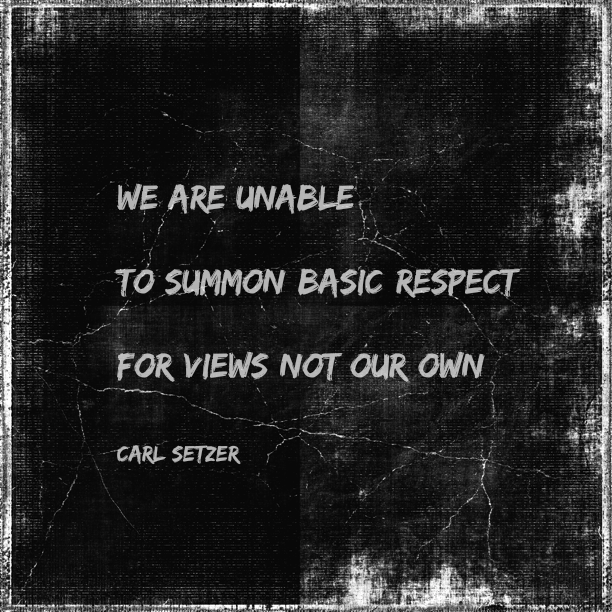My son and a number of my friends have asked what I think about all these people moving out of cities. Well, a Twitter friend, Bernie, posted this to his blog today: Iowa shows why the move from big cities may be only temporary. I agree with his assessment: cities offer more than affordability. I lived for the better part of 10 years in downtown Seattle and loved it. Arts and culture are a part of my soul. Having galleries, coffee shops, restaurants a short walk away delighted me deeply. One my favorite times in my life.
Anyway, Bernie references an article that looks at Iowan politics that might impeded this desire to attract the coastal urban dwellers to the mid-west*: Wood: About that public narrative we’re crafting to attract out-of-state people to move to Des Moines. Summation: the state’s anti-progressive agenda will impede growth. It’s an interesting point of view. For me, personally, politics might be a part, but, ultimately, the whole urban west coast thing is who I am. Even if they had the fastest internet on earth, I doubt I’d be heading east in a U-Haul.
*As a life-long west-coaster, I have long loved calling the middle part of the US the middle-east.





